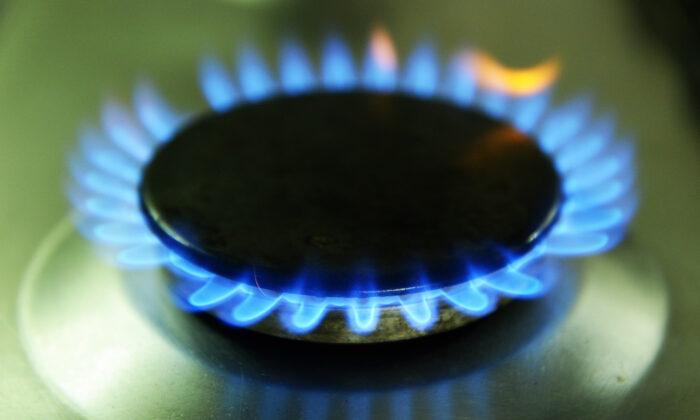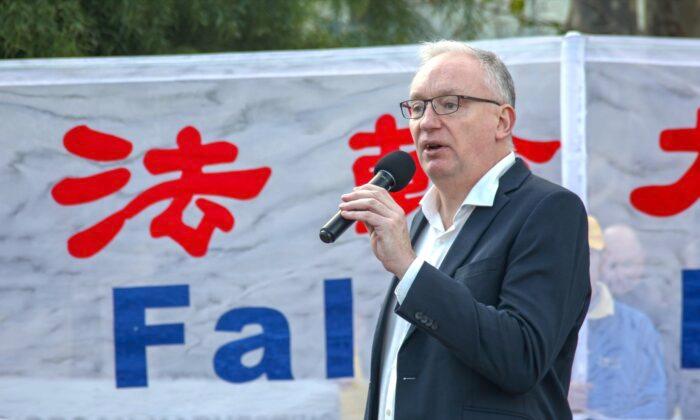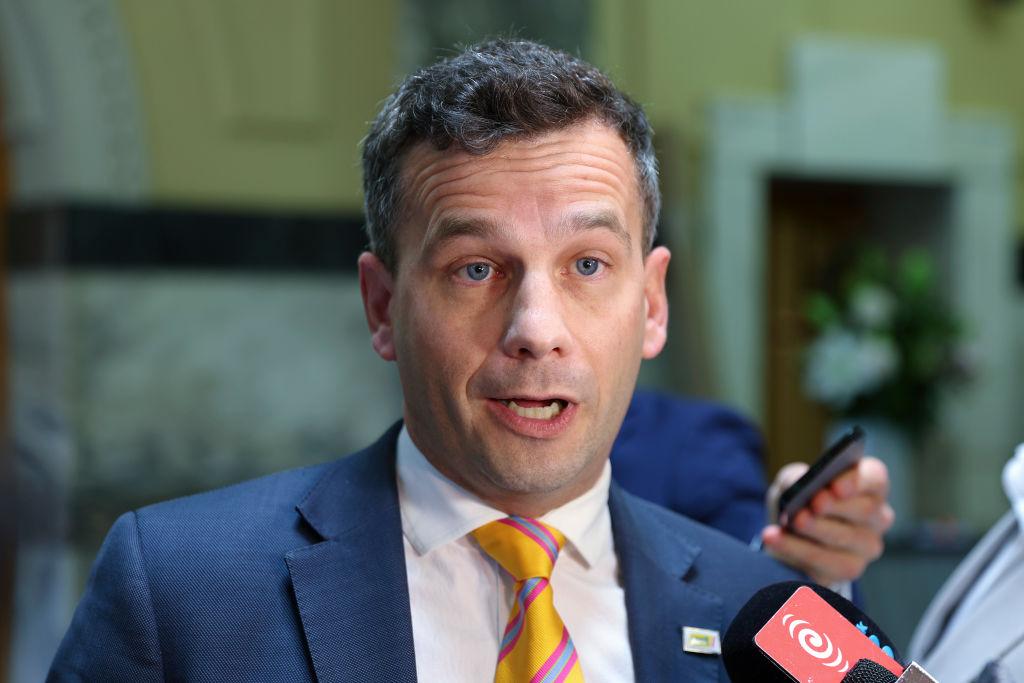Nationals Leader David Littleproud said the Labor government currently needed to work with gas companies to address the emerging energy crisis but that it had torn down relationships with the energy sector over the years.
Southeastern states are currently experiencing a gas supply shortage, with demand spiking as a cold front moves through and coal-fired plant outages.
To address the shortage, the Australian Energy Market Operator (AEMO) activated the gas supply guarantee mechanism on June 1 and noted that gas flow from Queensland was at near capacity (97 percent) and supply remained tight.
However, Littleproud said that with the support of sensible policy from the government and a relationship with the energy sector, gas supply could be increased.
He said the Labor government needed to “pick up the phone” and talk to gas companies rather than other ministers.
In response, Energy Minister Chris Bowen said he had been having extensive conversations with state and territory energy ministers and had been “fully briefed” by all the energy regulators on what steps the government could take.
He added that the AEMO’s gas supply guarantee mechanism had seen more gas flow to the southeastern states.
The ministers will be holding an emergency meeting on Wednesday to outline further steps needed to take to deal with the energy crunch.
Bowen said the gas trigger, which was set up by the previous government and would see exports diverted for domestic use, was not the answer to the current “short-term crisis” and would not apply until Jan. 1, 2023, anyway.
“The way they (previous government) design the trigger, as I said, it’s about as blunt as a basketball in terms of effectiveness in the short-term,” he said. “It is not the answer to this short-term crisis.”
The Australian Petroleum Production and Exploration Association (APPEA), which represents oil and gas production companies, said the volatility in the east coast spot price markets was caused by greater reliance on gas as the energy system as a whole was under increasing pressure.
He noted that according to EnergyQuest, an energy advisory firm, LNG exports were not causing domestic supply issues, and solar generation output had dropped 26 percent.
Further, the Australian competition watchdog found in February that the east coast gas market is forecasted to have an 11 petajoule surplus in 2022, which would likely continue into 2023. However, there would be a risk of an east coast-wide shortfall in 2027.
Dwyer said current pricing pressures highlighted why it was important to ensure new supply to put downwards pressure on price and protect energy security.
“What this situation highlights is the important role gas will play in the future cleaner energy mix, replacing coal as a cleaner fuel or as a stabiliser for intermittent renewables,” he said.






Friends Read Free